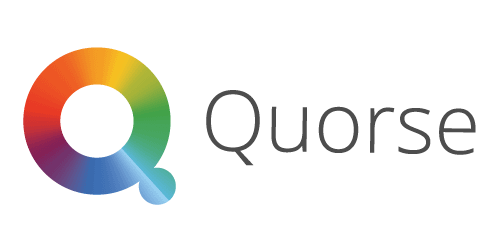Important Considerations to Lead Across Generations
Leadership requires a great deal of flexibility. Leaders need to adapt to change to survive. Coping with changes in business direction and technology is one thing, coping with people, attitude, and behaviour is another. One reacts, the other does not. If it was not enough to adapt to personalities, leaders also need to be aware of which generation their workforce originates from. Using the wrong strategy can cost employee motivation, productivity, and loyalty. Let’s explore the characteristics of each generation and their needs.
Baby Boomers (1946-1964)
This is the generation that has left or is in the process of leaving the workforce. They have the best work ethics. They are disciplined and focused on their jobs and deliverables. They generally listen and obey to instructions without question. They are workaholics that are very okay with spending extended time at work. They are symbols of workplace loyalty as they devote themselves to an organization for years (in sickness and in health as it were). These “Yes Men/Women” will be missed by “Bosses” worldwide. Their absence is the main reason that drove organizations and businesses to rethink their leadership strategy and approach.
Gen X (1965-1980)
The oldest in this generation will be leaving the workforce soon. They saw how their parents worked hard and introduced the idea of work-life balance. Gen X were already adults when the smartphone came into existence. As a result, their social and interpersonal skills are very much intact. This means they can and will collaborate with others with ease. They appreciate open and honest communication in the workplace. As a result, they like feedback and can handle criticism maturely. Positives aside, this generation has been known for not managing finances well.
Gen Y @ Millennials (1981-1995)
They make up a large portion of the current workforce. They are strong advocates of work-life balance and have the tendency to sacrifice career advancement to achieve it. They also look for flexibility in working arrangement/schedule. They like to be told why they need to do a particular piece of work. Gen Y love praise and rewards so make sure you recognize and highlight their contributions. They believe in “working smart” which means they will find ways to make their jobs/tasks easier. This attitude also drives them to challenge the norm. When an organization invests more into automation, this is the group that is most likely to embrace it (while Gen X loses sleep over it). They are also tech-savvy which means getting them to work on new tools, systems and applications is much easier. Since they spend a significant amount of time on their smartphones, it can be used to convey important/urgent information.
Gen Z (1996-2010)
This is the generation that is slowing creeping into the workforce. If your organization is looking to hire fresh graduates, it will be from this pool. They are considered to be the best educated and most connected. They may know more than their parents through technology. They want experience and want to stand out. It was predicted that they would be very demanding and fussy when it comes to work. Covid-19 has changed that. They now face an uncertain future. If this group does not adapt to change quickly, the unemployment rate among them will he high. Even if they were hired, job security is now in question. It remains to be seen what they will ultimately evolve into.
Managing across generations is no easy feat but should definitely not be ignored. Each generation has their strength and weakness and as a leader, it is your duty to maximize their talents and build the bridges between.
Click the banner below to find out more!
Enjoyed this article?
Then share it with others cause…#sharingiscaring
Want to know the latest trends in the training industry?
Follow us and get updated with the latest promos, HRDC grants, free previews, new courses and much more!
Recent Articles

The 6 Elements of a Great Prompt
Why ChatGPT isn’t broken—your prompt might be. We hear this all the time: “I tried ChatGPT… but the answer was boring.” “It didn’t really help.”

What Chatting with AI Taught Us About Talking to Humans
How prompting AI made us better communicators—with real people, too. We’ve spent a lot of time talking to AI. We run workshops like “AI as

3 Timeless Problem-Solving Frameworks Anyone Can Use
(With or Without AI—But Especially Powerful with It) We work with professionals from all walks of life—leaders, creators, analysts, and everyday problem-solvers. One thing we’ve








